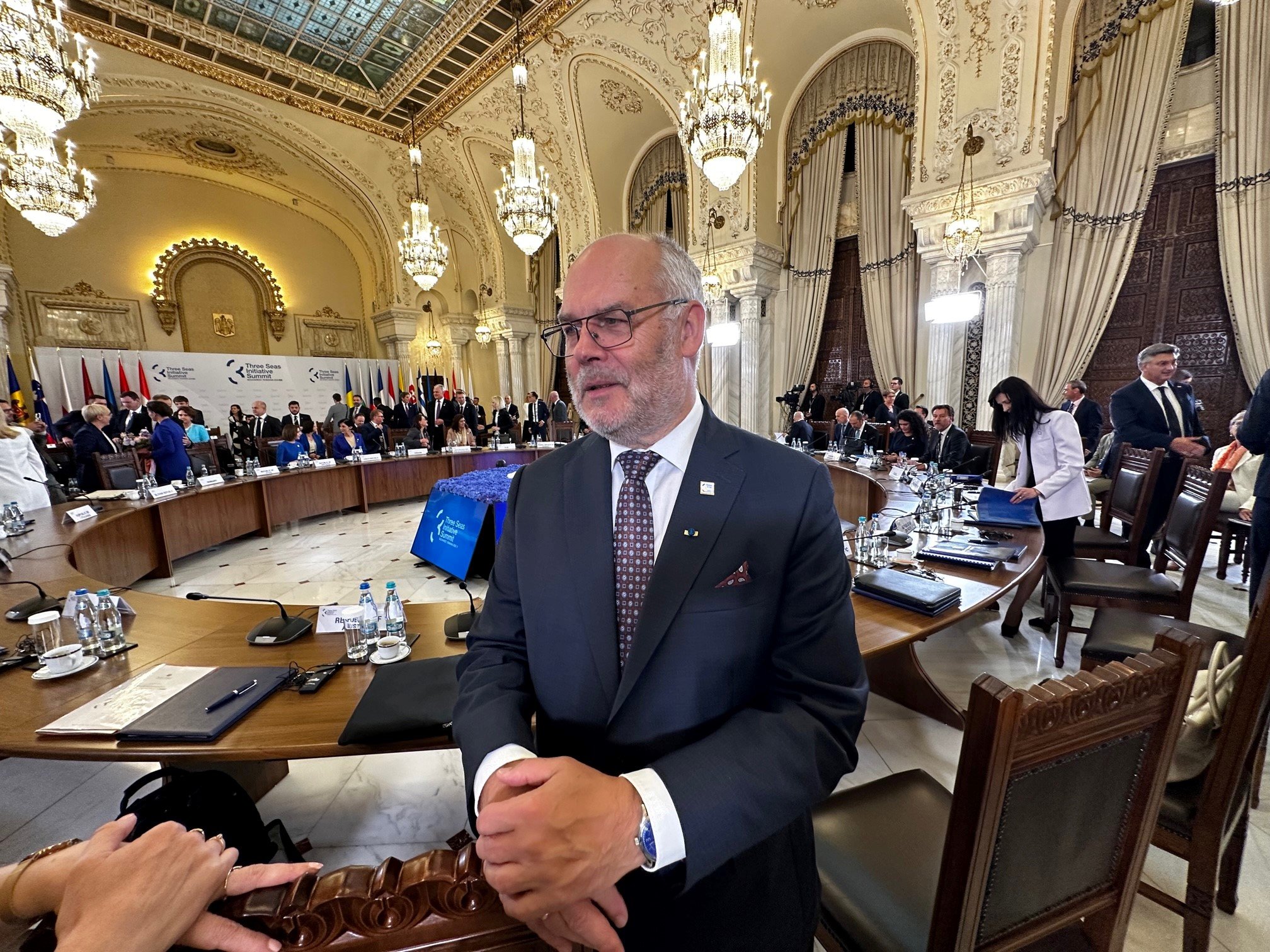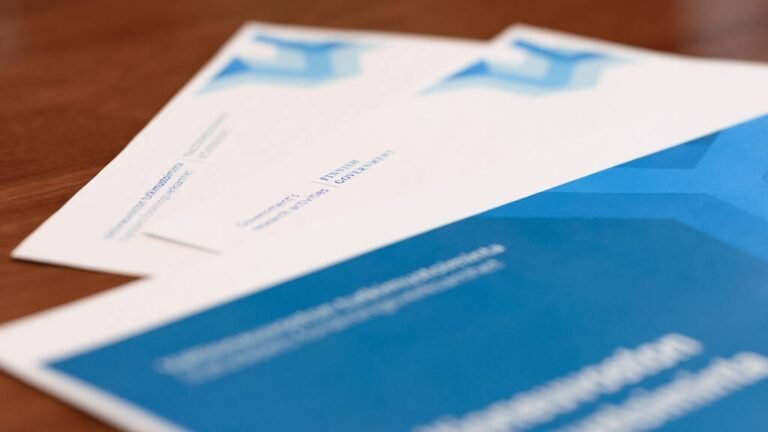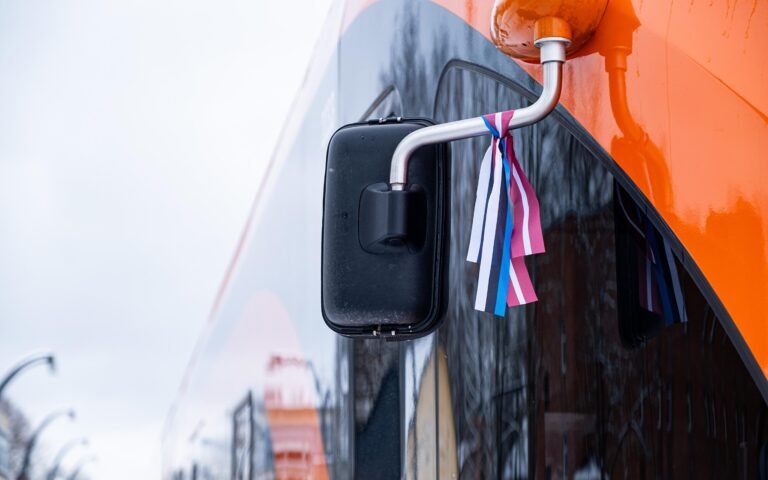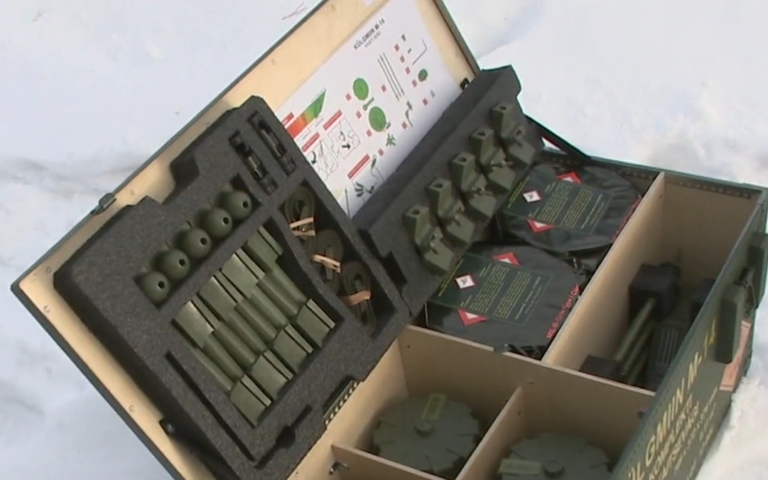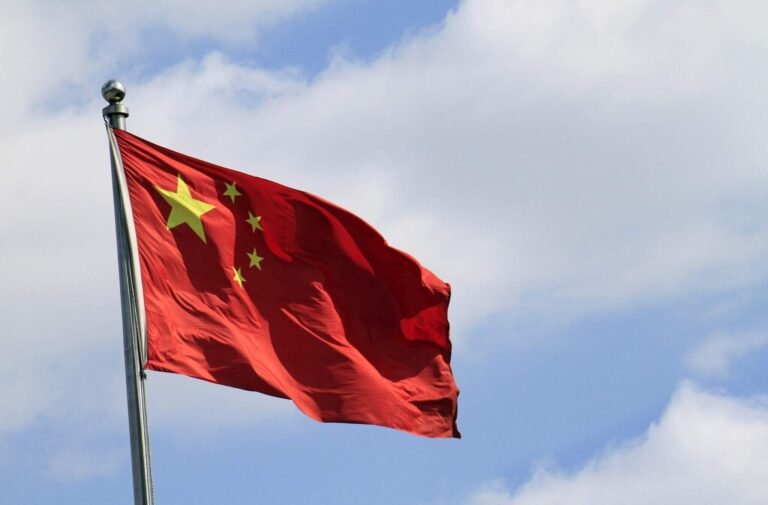Estonian President Alar Karis said at a meeting with outgoing Finnish President Sauli Niinisto in Helsinki on Wednesday that Estonia and Finland assess the security situation similarly, which is why it is wise for the two countries to cooperate even more.
At the meeting with Niinisto, Karis discussed cooperation in NATO, the security of the region, hybrid threats at the eastern border and how to better protect vital infrastructure. The Estonian head of state thanked the outgoing Finnish colleague for his friendship, excellent cooperation and promotion of bilateral relations.
“Finland and Estonia are very close countries and our mutual relations are friendly and warm,” Karis said. “We cooperate in all areas and since last year we have also been allies in NATO. It must be noted that our close relations are seriously disturbing our common neighbor, who is testing the resilience of NATO’s eastern border with hybrid attacks.”
The president affirmed that the position of Estonia and Finland regarding the hybrid actions taking place and the response to them is similar.
“Russia is and will remain the biggest threat to our security, so we must intensify security cooperation, maintain transatlantic unity and adapt NATO’s defense and deterrence posture to the needs of our region,” Karis said. “Estonia and Finland assess the security situation similarly, which is why it is wise to cooperate even more. Our goal is to strengthen the defense and deterrence posture on NATO’s eastern flank, complete Sweden’s accession to the alliance and move forward with Ukraine’s accession to NATO.”
The president also discussed the importance of transatlantic cooperation in greater detail.
“The member states of the European Union must contribute to the expansion of cooperation on all topics where greater development of the bilateral activities of the EU and the United States is possible,” Karis said.
While in Helsinki, the Estonian head of state also met with Foreign Minister Elina Valtonen, with whom he also spoke about Russia’s hybrid attack at the eastern border, support for Ukraine and cooperation in NATO. According to Karis, the international isolation of Russia must be continued and the price of aggression raised.
“As border countries, we must be the leaders when it comes to the European Union’s sanctions policy and also offer solutions to prevent the evasion of sanctions,” he added.
Karis also stressed that it is important to strengthen those international institutions that should guarantee peace and security. In this regard, he noted the need for reform of the UN Security Council.
Source: BNS
(Reproduction of BNS information in mass media and other websites without written consent of BNS is prohibited.)

